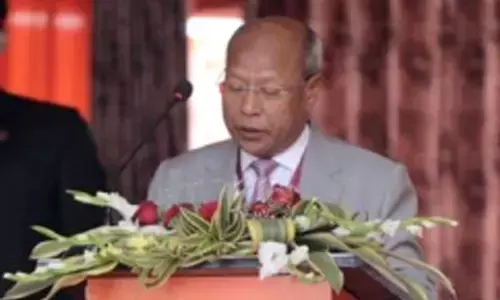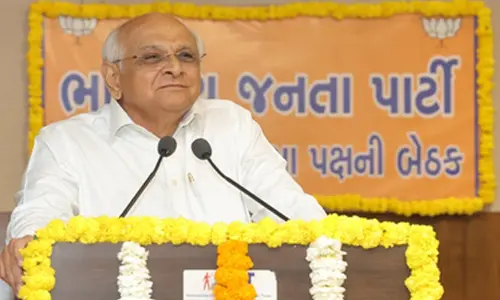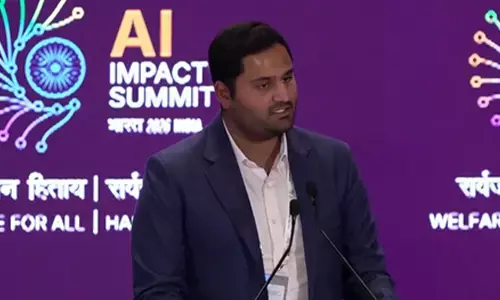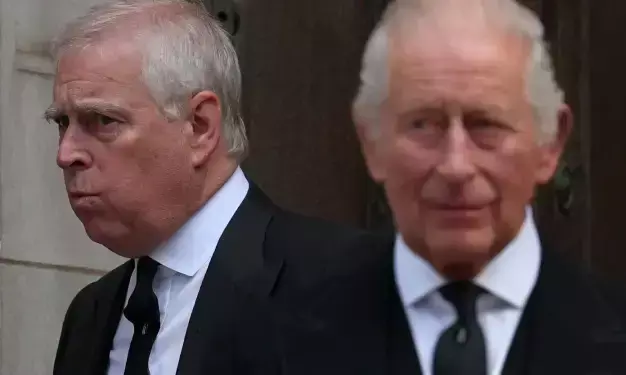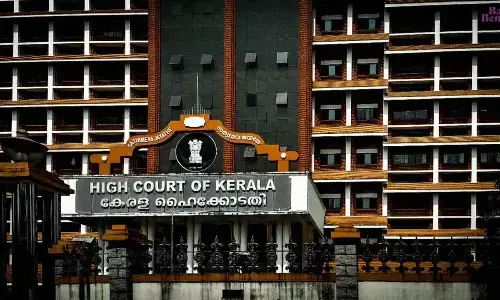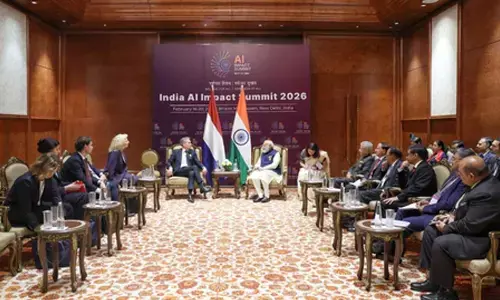Shinzo Abe, Vladimir Putin end summit with little to show on isles row
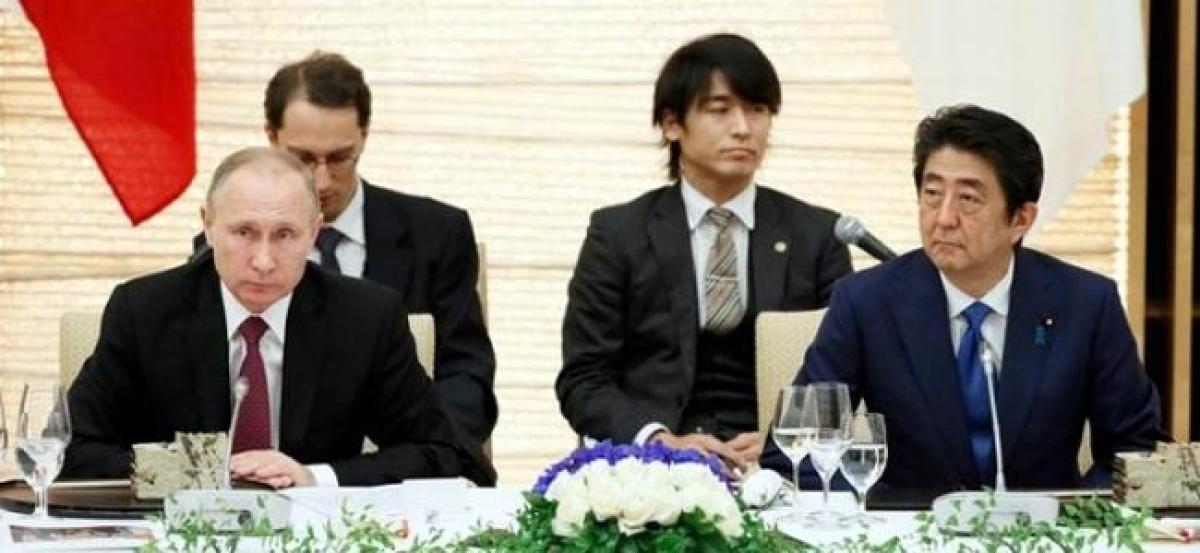
Japanese Prime Minister Shinzo Abe and Russian President Vladimir Putin wrapped up two-day talks on Thursday, with agreement on economic deals but no big breakthrough on a territorial row that has over-shadowed ties since World War Two.
Undefined: Japanese Prime Minister Shinzo Abe and Russian President Vladimir Putin wrapped up two-day talks on Thursday, with agreement on economic deals but no big breakthrough on a territorial row that has over-shadowed ties since World War Two.
Putin was due to head home with promises of economic cooperation after appearing to achieve what experts said was a key goal - easing his international isolation when Russia faces Western condemnation over the destruction of eastern Aleppo in Syria, where it is backing President Bashar al-Assad's forces. Putin himself said the economic cooperation would help set the stage for closer ties. "I believe that joint work in economic areas will help to establish the basis needed to move to a relationship of true partnership," Putin said in Tokyo, at the beginning of a second day of talks.
The two leaders agreed on Thursday, in talks at a hot spring resort in southwest Japan, on the importance of resuming security dialogue, a Japanese official said. Ministerial level security talks were halted after Russia annexed Ukraine's Crimea region in 2014, and the United States (US) and other Group of Seven (G7) countries imposed sanctions in response.
Abe and Putin also agreed to start discussing economic cooperation on the disputed islands at the centre of a territorial dispute that has prevented their countries signing a peace treaty formally ending World War Two, a Russian official said. The islands in the Western Pacific, called the Northern Territories in Japan and the Southern Kuriles in Russia, were seized by Soviet forces at the end of World War Two and 17,000 Japanese residents were forced to flee.
Abe has pledged to resolve the dispute in the hope of leaving a significant diplomatic legacy and building better ties with Russia to counter a rising China. He had hoped the lure of economic cooperation for Russia's economy, hit by low oil prices and Western sanctions, would pave the path for significant progress on the dispute.
"Abe must be bitterly disappointed," said James Brown, a professor at Temple University's Japan campus. "Putin has given away absolutely nothing and, in return, he has received the offer of enhanced economic cooperation. Just as valuably, he has demonstrated divisions in G-7 policy on Russia and has encouraged Japan to distance itself from U.S. policy," Brown added.
"PUTIN GO HOME"
As the two leaders headed for their second round of talks on Friday, right-wing activists in trucks mounted with loudspeakers circled the streets not far from the prime ministers' office, blaring "Return the islands" and "Putin Go Home". Russian officials said the two sides had signed a total of 68 agreements during Putin's visit, including private sector deals.
The Russian Direct Investment Fund and Japan Bank for International Cooperation signed a memorandum of understanding to establish a $1 billion investment fund to promote economic cooperation. Novatek Chief Executive Leonid Mikhelson said his company had signed agreements with Japan's Mitsui & Co, Mitsubishi Corp and Marubeni Corp on the Arctic LNG-2 project.
Kremlin economic aide Yuri Ushakov said on Thursday the two sides would issue a statement about possible joint economic activity on the disputed islands on Friday, adding that any activity would be based on Russian legislation. A Japanese spokesman, however, reiterated Japan's policy that any joint activity should not infringe on Japan's legal stance, meaning its claim of sovereignty, underscoring the divergence between their two positions.
Putin is apparently loath to tarnish his domestic image as a staunch defender of Russian sovereignty. Japan has long insisted its sovereignty over all four islands be confirmed before a peace treaty is signed.


